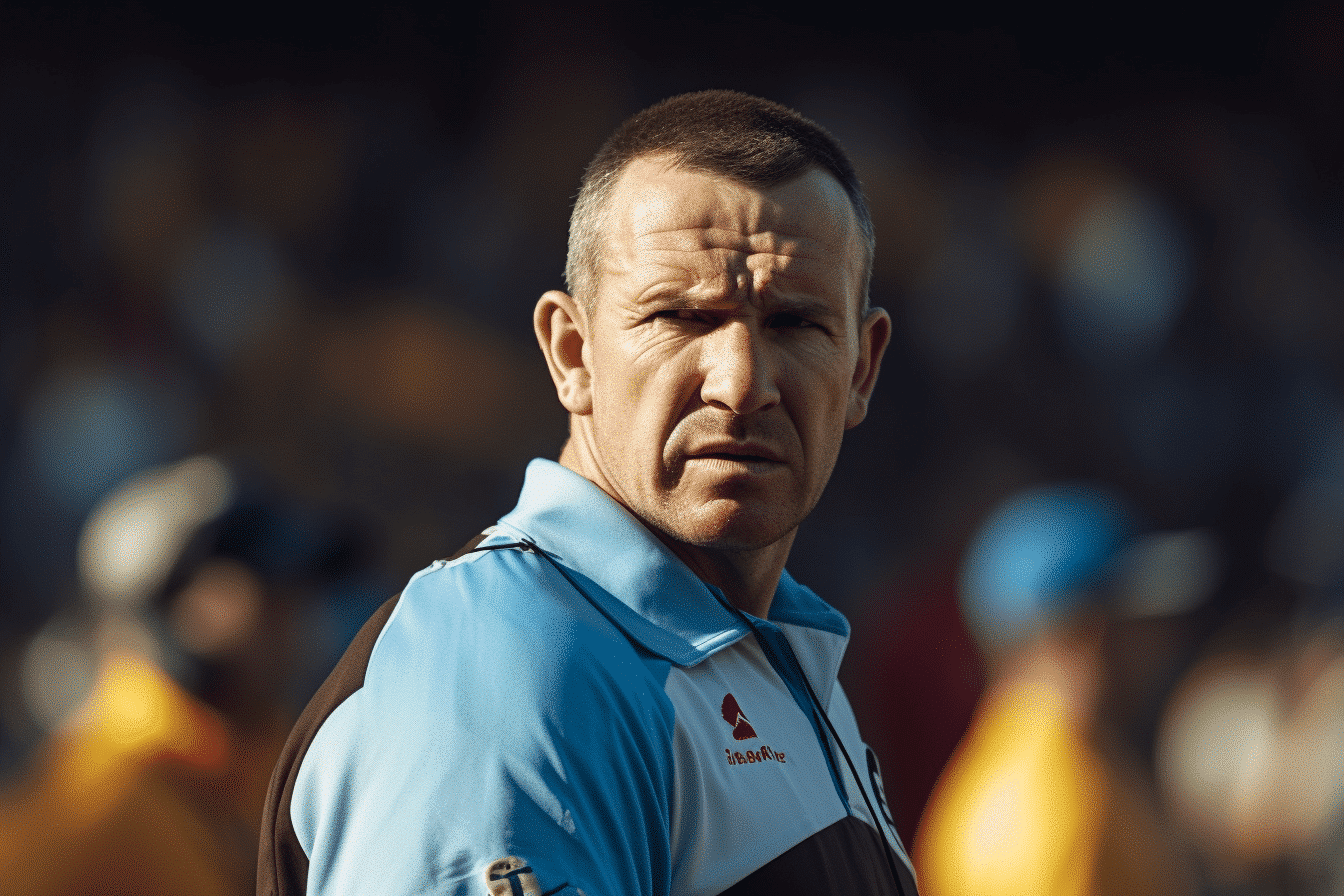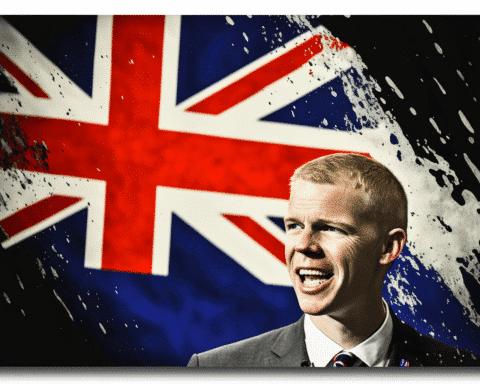In a recent development that has shaken the international rugby community, Tom Foley, the television match official in the dramatic Rugby World Cup final, has stepped away from the international game. His decision, influenced by a deluge of online abuse, casts a spotlight on the escalating issue of cyber harassment faced by sports officials.
The final, a nail-biting encounter between rugby powerhouses New Zealand and South Africa, held in Paris last October, was rife with contentious decisions. Foley’s calls, particularly a red card recommendation for All Blacks captain Sam Cane, became the focal point of intense scrutiny and criticism. This backlash culminated in the Springboks clinching a narrow 12-11 victory, an outcome that only fueled the online vitriol.
This incident is not isolated. Wayne Barnes, the referee of the match, recently announced his retirement. Barnes, an Englishman like Foley, highlighted the persistent social media abuse directed at him and his family as a contributing factor to his decision. These experiences reflect a disturbing trend where the personal lives of sports officials are increasingly becoming targets of public ire.
Further illustrating the mental toll such pressures can inflict, England captain Owen Farrell also took a temporary step back from test rugby. Citing the need to prioritize his and his family’s mental well-being, Farrell’s decision echoes the sentiments expressed by Foley and Barnes.
With a career spanning 13 years, including a seven-year stint in international rugby, Foley’s decision to step away is significant. He acknowledged the relentless pressure and scrutiny, especially post-World Cup final, as pivotal in solidifying his choice. The severity of the abuse he endured is chilling, with some online trolls wishing harm upon his family and others going as far as contacting his children’s school to extend their harassment.
Bill Sweeney, the chief executive of England’s Rugby Football Union (RFU), condemned the abuse, stating it as entirely unacceptable. He emphasized the RFU’s commitment to safeguarding officials and players from such maltreatment and urged the rugby community to uphold the sport’s values.
Foley’s international career, marked by 48 matches including appearances in the Six Nations and the recent World Cup, has been notable. His departure is a loss to the sport, highlighting the often-overlooked human aspect of officiating at the highest levels.
In response to the growing concern around online abuse, World Rugby, prior to the tournament, had partnered with the London-based data science company Signify Group. This collaboration aims to protect officials, players, and coaches from online harassment, emphasizing the well-being of participants and a zero-tolerance stance towards cyber abuse.
As the rugby world grapples with this issue, Foley’s departure serves as a stark reminder of the impact of online abuse on the mental health and well-being of those in the public eye, particularly in the high-stakes arena of international sports.




